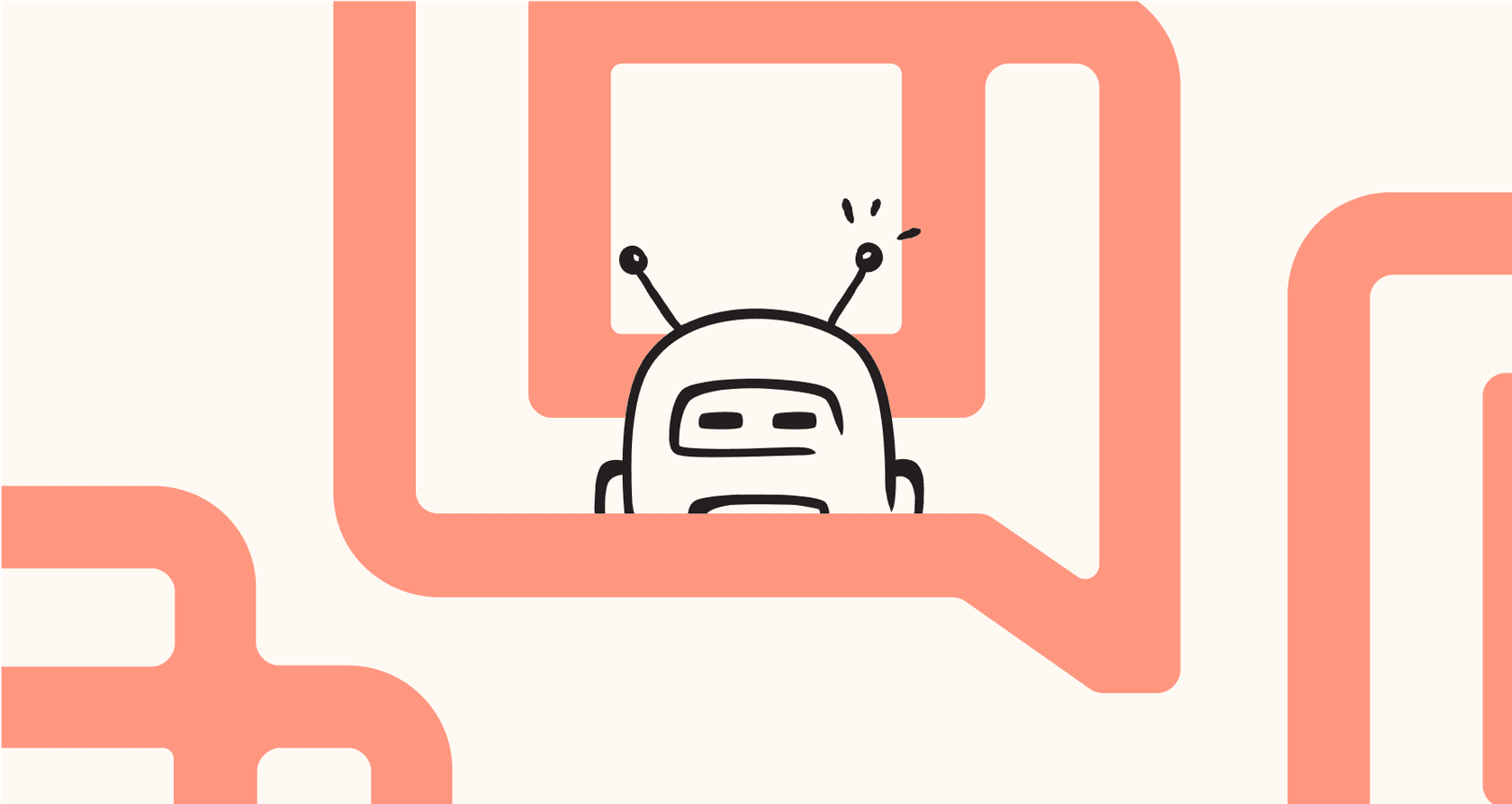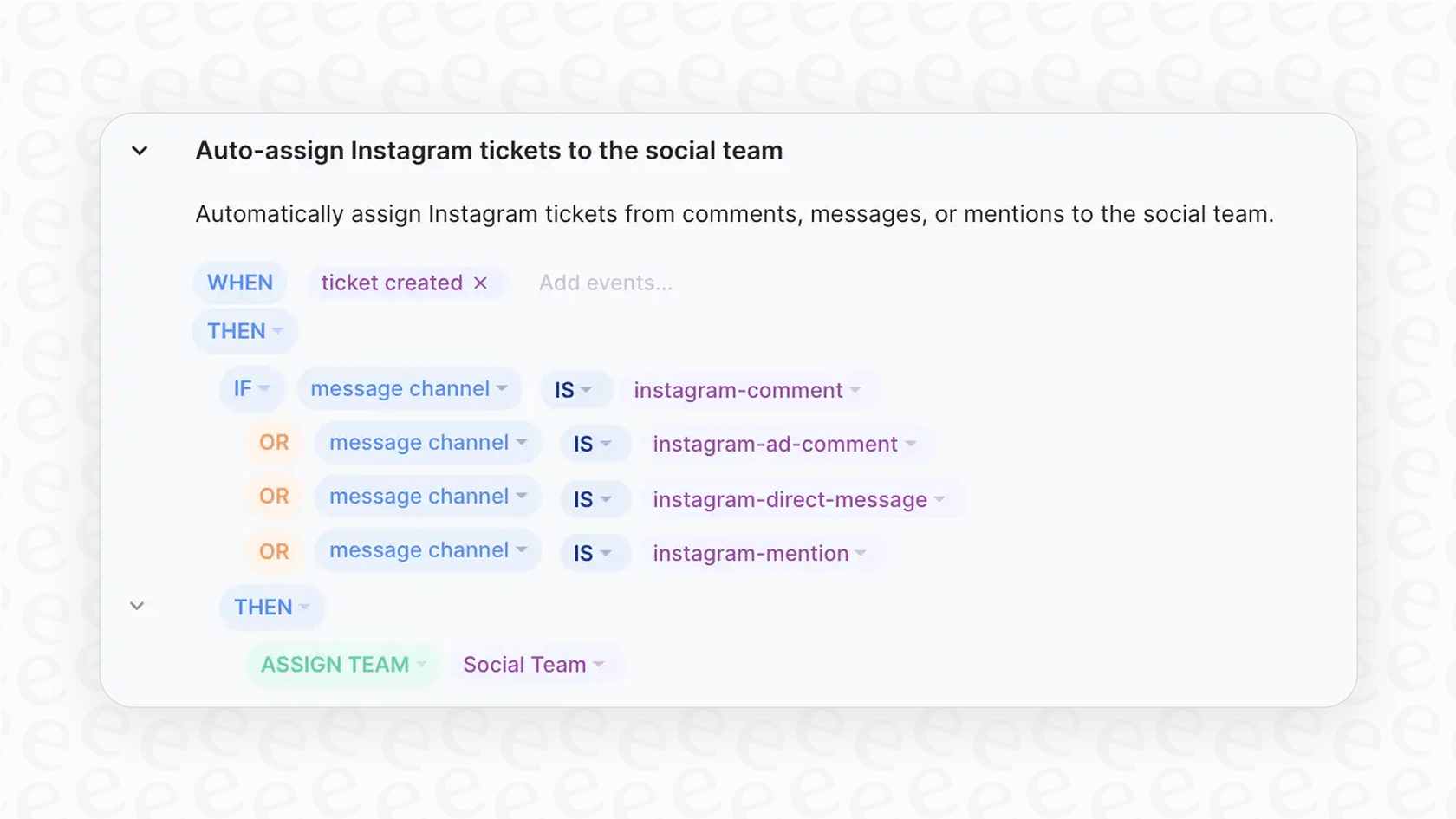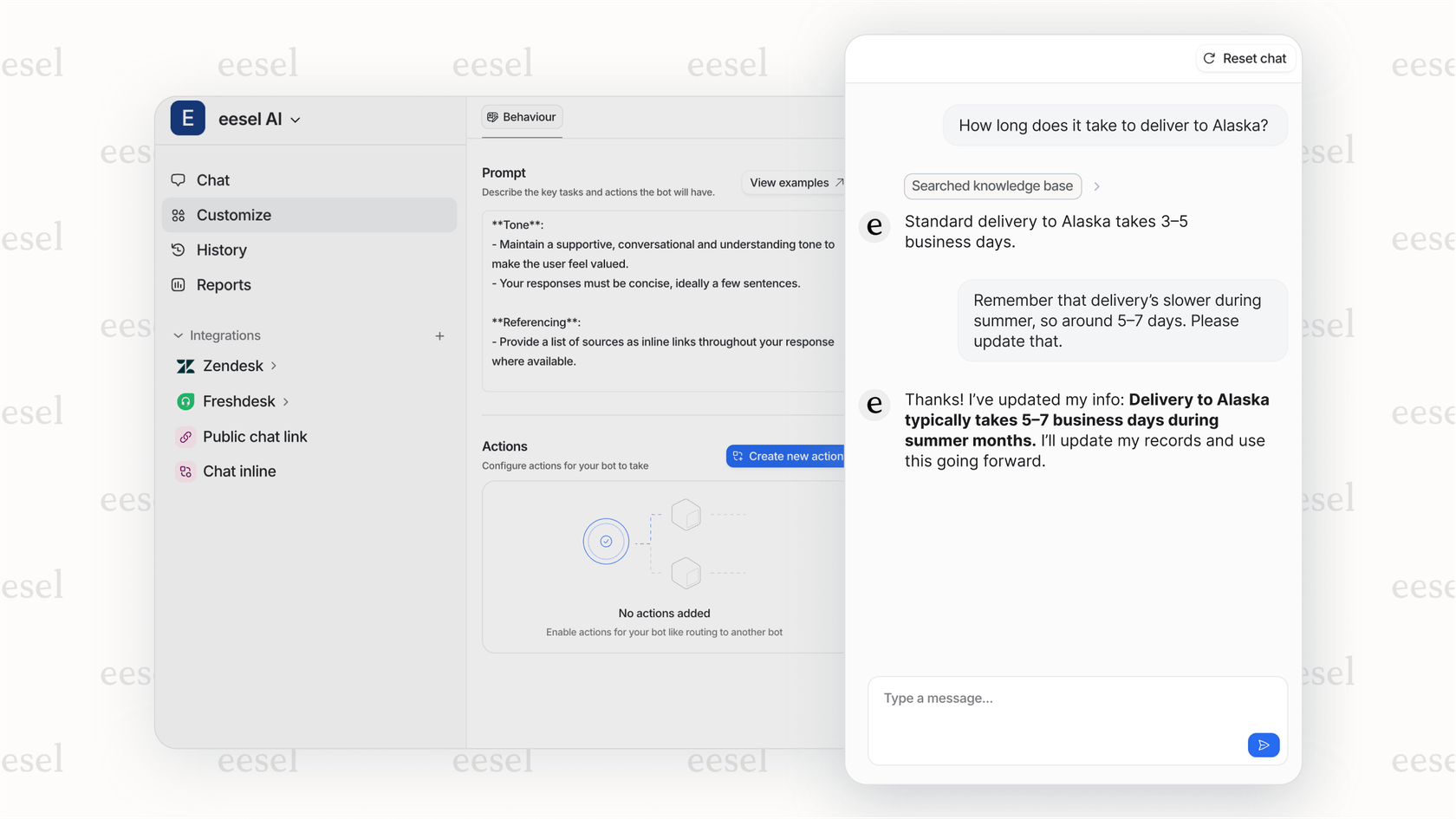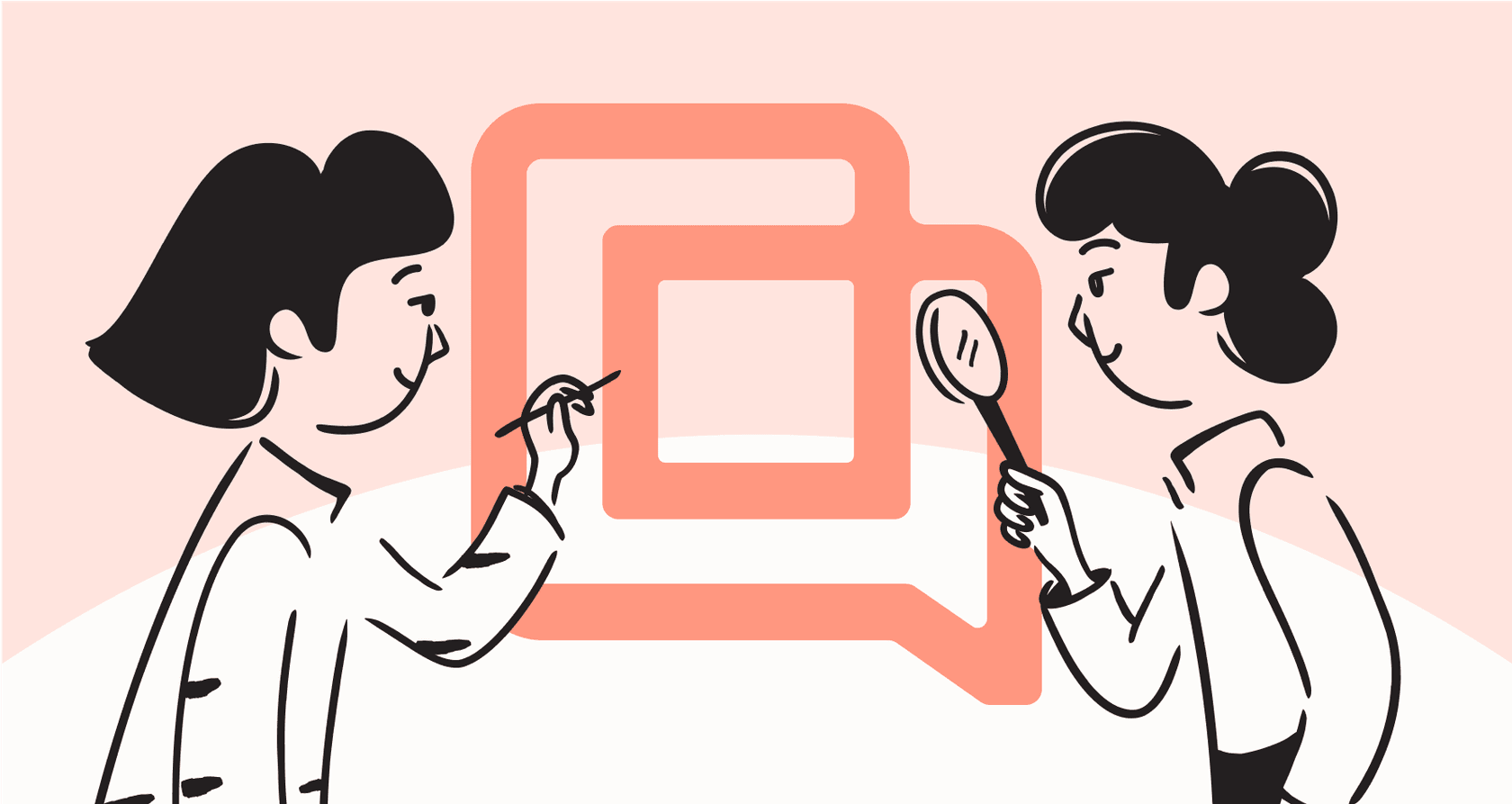A complete guide to using Gorgias rules to schedule autoresponders outside business hours

Stevia Putri

Stanley Nicholas
Last edited January 16, 2026
Expert Verified

It’s 10 PM. A customer just placed their first order with you. They're excited, but they have a quick question about shipping times. They send a message, and... crickets. To them, it feels like their message just floated off into the void. We’ve all been on that side of the screen, and it’s not a great feeling.
In the world of ecommerce, your shop is always open. People are browsing at 2 AM, making purchases on their lunch break, and asking questions whenever the thought strikes them. This means their expectations don't neatly fit into a 9-to-5 box. Managing those expectations, especially when your team is off the clock, is a huge part of building trust. An automated response can be the difference between a patient customer and a potential chargeback.
Setting up a simple autoresponder in Gorgias is a solid first step. It’s like putting a friendly "we're closed, but we'll be right with you" sign on your digital door.
This guide will walk you through exactly how to set up Gorgias rules to schedule autoresponders outside business hours. But more importantly, we’ll explore how you can build on this foundation. We'll look at how a complementary AI solution can give your customers genuinely helpful, 24/7 support that actually solves problems in tandem with your Gorgias setup.
The role of Gorgias rules to schedule autoresponders outside business hours
Before we jump into the setup, let's quickly get on the same page about what Gorgias rules are. The simplest way to think of them is as "if-then" commands for your helpdesk. They’re the building blocks of automation in Gorgias, and they’re made of three key ingredients:
-
Trigger: This is the event that starts the rule. For our purpose, the trigger is usually "Ticket created". A new message has arrived.
-
Conditions: These are the specific requirements the ticket has to meet for the rule to fire. Think of it as a checklist. For an after-hours auto-reply, the main condition is that the "Message is received outside business hours".
-
Actions: This is what the rule actually does once the trigger and conditions are met. In this case, the action is to "Reply to customer" with a pre-written message.
By stringing these together, you can automate a ton of repetitive tasks, which lets your team spend their valuable time on the trickier customer issues that need a human touch.
How to use Gorgias rules to schedule autoresponders outside business hours
Alright, let's get into the nitty-gritty. This is the core function for managing expectations after your team has logged off for the day. It’s a pretty straightforward process, but it all starts with telling Gorgias when your team is actually available.
Setting business hours: The first step
You can’t have "outside business hours" if Gorgias doesn't know what your business hours are. The first step is to define your team's working schedule. Gorgias lets you set up universal business hours that apply to all of your support channels. This is what the system uses as a reference point to decide if a message has arrived "in" or "out" of office time.
Create the auto-reply
Once your schedule is locked in, building the rule itself is a breeze. Here’s how you do it step-by-step:
-
Navigate to Settings > Rules in your Gorgias dashboard.
-
Click Create Rule, and then select Create Custom Rule.
-
For the trigger, you'll want to set it to WHEN Ticket created.
-
Next, add your main condition: IF Ticket created outside business hours. This is the magic ingredient.
-
It’s a smart move to add a second condition to filter by channel, like IF Ticket channel IS Email. This lets you craft slightly different messages for email, chat, or social media, which is always a nice touch.
-
Finally, for the action, choose THEN Reply to customer. This is where you write your message. Keep it simple and clear. Something like: "Hey! Thanks for reaching out. Our team is offline for the day, but we're available from 9 AM to 5 PM ET on weekdays. We've got your message and will get back to you as soon as we're back in."
That's all it takes. You've now got a safety net to catch any customer questions that come in overnight or on the weekend.

Considerations when using Gorgias rules to schedule autoresponders outside business hours
An "out of office" message is a good starting point for any professional support team. While rules provide a foundational layer of automation, there are a few considerations to keep in mind as you look to provide a more dynamic experience.
-
Rules follow logic-based workflows. Gorgias rules are designed to follow clear, reliable logic. While they are built for consistency rather than complex interpretation, they provide a very reliable experience for common inquiries. A customer asking about shipping will receive the specific response you have designed.
-
Focused on core actions. Rules are excellent for high-volume tasks like tagging tickets or sending automated replies. For teams looking to perform more specialized tasks, like looking up an order in Shopify, Gorgias's mature ecosystem allows for various integrations that can add more layers to your automation.
-
Consistent brand messaging. The auto-reply message you write is a fixed piece of text, ensuring your brand voice is perfectly maintained every time. This controlled approach is ideal for standard notifications. For more dynamic needs, you can augment this by pulling in information from your internal wikis or Google Docs through specialized add-ons.
-
Best for structured setups. As your business grows, Gorgias encourages a streamlined approach to automation. The platform provides a limit of 70 rules per account, which helps teams keep their workflows organized and prevents overlapping logic as they scale their support needs.
The eesel AI complementary option
This is where you can explore complementary solutions like an AI agent. Instead of just acknowledging a ticket, an AI agent can work within your Gorgias ecosystem to help resolve inquiries right away. By connecting a tool like eesel AI with your Gorgias helpdesk, you can enhance the solid foundation your rules have already built.
Here’s how this approach supports your team:
-
It’s incredibly fast to set up. You can connect eesel AI to Gorgias with a single click. It is designed to be configured in minutes, allowing you to quickly add another layer of automation to your existing setup.
-
It unifies your knowledge sources. While rules handle the logic, eesel AI can learn from your existing information: past Gorgias tickets and macros, your public help center, and even internal knowledge bases like Confluence or Google Docs. It can even pull data directly from your Shopify catalog to provide up-to-date answers.
-
It can take real action. This is a great way to expand your capabilities. eesel AI can be set up with custom actions to perform tasks like looking up live order information or checking return eligibility. This gives customers actionable answers alongside your standard business hours notifications.
-
You can test with confidence. eesel AI’s simulation mode allows you to test your setup on your past Gorgias tickets. You can see exactly how it would have replied, allowing you to tweak its behavior until you're 100% satisfied with the quality of support it provides.

Gorgias pricing breakdown: How auto-replies affect your bill
When you're thinking about automating support, understanding the pricing structure is key to planning your budget. Gorgias's pricing is designed to scale with your business and is based on the concept of "billable tickets."
In Gorgias, a billable ticket is any conversation that receives a response from a human agent, a rule, or the built-in AI Agent. This allows you to track exactly how much value you are getting from the platform's automation features.
Here’s a look at their plans, based on the information on their official pricing page.
| Plan | Monthly Price (Billed Yearly) | Billable Helpdesk Tickets/mo | AI Agent Interactions/mo | Overage Cost (Helpdesk) | Overage Cost (AI) |
|---|---|---|---|---|---|
| Starter | $10/mo (No yearly option) | 50 | 0 | $0.40 / ticket | $1.00 / interaction |
| Basic | $50/mo | 300 | 60 | $40 / 100 tickets | $0.90 / interaction |
| Pro | $300/mo | 2,000 | 600 | $36 / 100 tickets | $0.90 / interaction |
| Advanced | $750/mo | 5,000 | 2,500 | $36 / 100 tickets | $0.90 / interaction |
| Enterprise | Custom | Custom | Custom | Custom | $0.90 / interaction |
What this pricing model means for you
This usage-based model ensures that your costs are aligned with your business volume. If you have a busy month, such as during a product launch, Gorgias scales with you. This model allows you to clearly see the ROI of your automation as your ticket volume increases.
The eesel AI pricing approach
At eesel AI, we offer an alternative approach with simple and predictable plans. Our plans are based on features and include a generous monthly allowance of AI interactions with no per-resolution fees. This can be a great way to manage costs as you look to add specialized AI automation on top of your existing Gorgias plan.
Moving beyond basic Gorgias rules to schedule autoresponders outside business hours
Using Gorgias rules to schedule autoresponders outside business hours is a professional and effective starting point for any team. It’s a reliable way to manage customer expectations and ensure every inquiry is acknowledged.
As your business grows, you can continue to build on this solid foundation. True 24/7 customer service is a journey, and Gorgias provides the mature, stable platform you need to start that process.
This is where advanced AI becomes a logical next step. It lets you enhance your acknowledgments with instant, autonomous resolutions. A tool like eesel AI helps Gorgias users expand their capabilities, transforming after-hours support into an active engine that assists customers on the spot.
Take the next step beyond Gorgias rules to schedule autoresponders outside business hours
If you're ready to see how you can further enhance your Gorgias setup to provide instant answers around the clock, exploring an AI agent is a great next step.
See how eesel AI integrates seamlessly with Gorgias to help manage your support tickets even when your team is offline.
Try eesel AI for free and run a simulation on your past tickets to see how it can complement your existing Gorgias rules.
Frequently asked questions
The primary benefit is effectively managing customer expectations by acknowledging their message. It reassures them their inquiry has been received and that your team will follow up during business hours, preventing them from feeling ignored.
First, define your universal business hours within Gorgias settings. Then, create a custom rule with "Ticket created" as the trigger, "Ticket created outside business hours" as a condition, and "Reply to customer" as the action, including your custom message.
Currently, Gorgias allows you to set a universal business hour schedule that provides a consistent baseline for all your support channels. The ability to set more granular business hours for different integrations is a feature many users look forward to on their roadmap.
Rules are built for reliable, logic-based responses. They are excellent for acknowledging customer inquiries and setting expectations. To handle more dynamic tasks like real-time order lookups, many teams choose to expand their automation using specialized integrations within the Gorgias ecosystem.
In the Gorgias pricing model, a "billable ticket" includes conversations that receive a response from a rule. This structured approach helps businesses track their automation value as they manage their monthly ticket volume.
An AI agent can work alongside your Gorgias rules to provide instant, personalized answers and even take real action like looking up live order information. It aims to resolve issues immediately, complementing your existing automated workflows.
Share this post

Article by
Stevia Putri
Stevia Putri is a marketing generalist at eesel AI, where she helps turn powerful AI tools into stories that resonate. She’s driven by curiosity, clarity, and the human side of technology.





